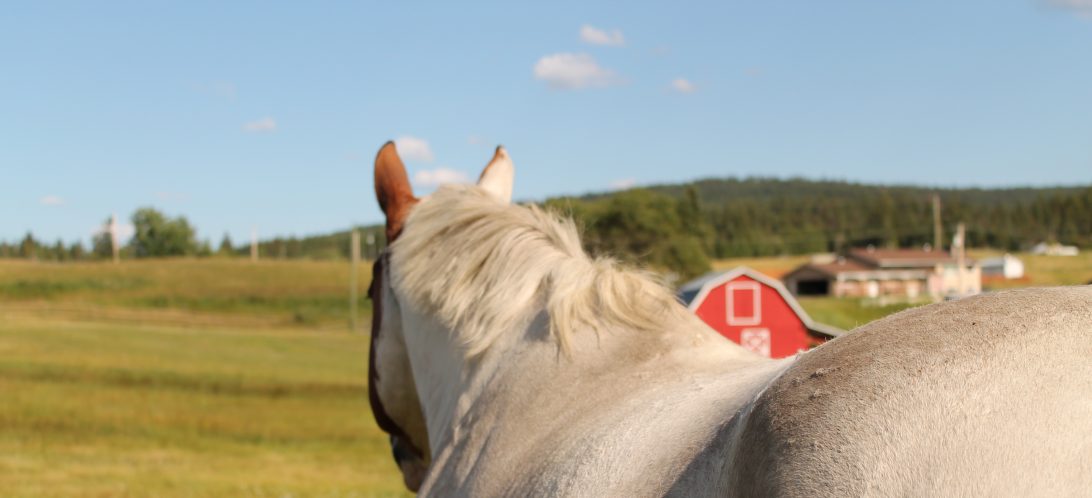The prominent theme of the three readings from this week portrays the post-feminist media and the representation that is handed to consumers, mainly women and young girls. The readings intermesh the importance of the feminine image and how choices and individualism affects women and young girls, whether that can be seen as empowering and uplifting for women or just the illusion of having choice still boils down to actions and thoughts that feminists would see as regressive, such as going for a spa day with the girls to get waxes and ‘mani-pedi’s’. Is that a free woman’s choice to do what she pleases or is that a by-product of self- surveillance that is built into us since childhood? Either way, exploring post-feminism in media such as children’s movies or young adult novels shows the viewer/reader a progressive as well as regressive viewpoint.
Starting with Twilight, which I am personally acquainted with; I feel like the author, S. Meyer, let down a lot of young readers with the main characters of Bella and Edward. As a young girl, I was smitten by the dangerous and sexually-driven Edward and his predatory behaviour toward the vapid, cardboard stand-in- oh, sorry, Bella. But I knew something was wrong with how he acted towards her, even as a child. Unfortunately, Bella is the exact copy of a damsel in distress. Which perpetuates the image that girls cannot help themselves, and that they should wait for a man to save them from their problems. But the blame is not completely put on Bella though she seems to be surrounded by complete and utter incompetence, it is also the male view of Edward that is the problem as well. Referring to the statement before, that I was blinded by Edward’s portrayal of being an attractive and powerful being. That was the issue, as his behaviour is a problem and that the male portrayal of courting or getting the girl is always cast in a ‘good’ light, even if it’s downright stalker-ish and creepy. I believe that Twilight is regressive and does not help the female plight for progression at all.
With the Disney Princess theme, it is very clear that Disney characters were stereotypes and character tropes of an anti-feminist view. Such as Snow White, lying in an endless sleep for a prince to kiss her or Ariel giving up the one thing she loved ( her voice ) for the chance to get with a man she never even spoke to. Clearly there’s an issue here, that girls must give up something to a man to get what they want ( Little Mermaid, Belle) or lay in wait in dresses for a man to save them ( Sleeping Beauty, Cinderella). Perpetuating that women must be saved by men. However, the article written by C. Stover mentions that some ‘princesses’ are breaking that stereotype which I agree with, these heroines are more than a frou-frou dress and a pretty face. Although Stover mentions that a lot of the princesses do what they have to do to for their father’s sake ( Mulan, Ariel, Pocahontas) I must mention that Mulan should be re-examined as Mulan risked her life to save the country and the empire not only to protect her family, but her own honour. Yes, she did it to save her father from conscription but if we were to step away from the racial lens and the feminist lens, a person who has everything to lose and has no ‘power’ themself , go and risk life and limb to save their family is a pretty powerful representation of human self-sacrifice. But I digress.
Modern Disney is on a progressive track advancing away from ‘traditional’ values, such as Moana; saving her island from disaster. Frozen; where a sister’s bond is the most powerful magic of all and Tangled, which is a blend of a romance and a girl’s yearn for freedom and adventure. Although these titles are all stepping away from the damsel in distress, perfect princess tropes and plot lines, there is still the undercurrent of the patriarchal portrayal, ( Moana’s father, Hans and Kristoff, Flynn Ryder ). I believe with more Disney films that angle away from the traditional plot of domestic duties and women in danger, that girls could benefit from viewing role models in non-traditional roles and skin tones. I hope that in the future there are more portrayals of fierce and strong characters who represent a solid portrayal of women/ trans and people of colour and aren’t just afterthoughts or stand-ins for media to make money off of. Disney is a mix of progressive and regressive views and I hope that in the future, these issues can be examined more closely and hopefully a solution can be created.
In my own everyday life, I do mention these sort of issues frequently with family and friends. I enjoy writing short stories with characters that I try to bend from the norm. Strong female leads where femininity isn’t the focus but instead on the character’s actions and thoughts, male characters that are soft-spoken and intellectual, who act as companions but neither guide nor control. These kinds of readings really help me flourish and flesh out my writing as I strive to learn and grow.
